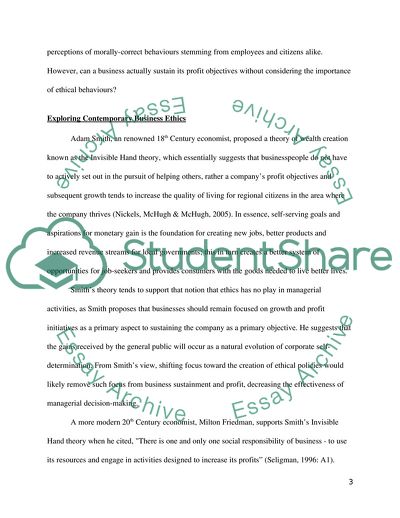Cite this document
(A Critical Discussion and Comparison of Ethics and Managerial Activities Essay Example | Topics and Well Written Essays - 1250 words, n.d.)
A Critical Discussion and Comparison of Ethics and Managerial Activities Essay Example | Topics and Well Written Essays - 1250 words. https://studentshare.org/ethics/1711270-personal-aspects-of-management
A Critical Discussion and Comparison of Ethics and Managerial Activities Essay Example | Topics and Well Written Essays - 1250 words. https://studentshare.org/ethics/1711270-personal-aspects-of-management
(A Critical Discussion and Comparison of Ethics and Managerial Activities Essay Example | Topics and Well Written Essays - 1250 Words)
A Critical Discussion and Comparison of Ethics and Managerial Activities Essay Example | Topics and Well Written Essays - 1250 Words. https://studentshare.org/ethics/1711270-personal-aspects-of-management.
A Critical Discussion and Comparison of Ethics and Managerial Activities Essay Example | Topics and Well Written Essays - 1250 Words. https://studentshare.org/ethics/1711270-personal-aspects-of-management.
“A Critical Discussion and Comparison of Ethics and Managerial Activities Essay Example | Topics and Well Written Essays - 1250 Words”. https://studentshare.org/ethics/1711270-personal-aspects-of-management.


